
New residence halls named for Hu, Morrison, Ginsburg
Hu Shi 1914, Toni Morrison, M.A. ’55, and Ruth Bader Ginsburg ’54 are honored in the North Campus expansion.
 Department Homepage
The College of Arts & Sciences
Department Homepage
The College of Arts & Sciences

Hu Shi 1914, Toni Morrison, M.A. ’55, and Ruth Bader Ginsburg ’54 are honored in the North Campus expansion.
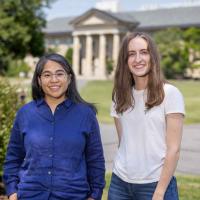
Their map will visualize research about the spread of existing or known and new or emerging zoonotic diseases.

Magnus Fiskesjö, professor of anthropology at Cornell University and expert on Southeast Asia, comments on continuing protesters in Myanmar against the military coup that reversed last November’s election.
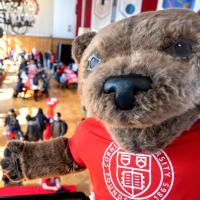
On Cornell’s eighth Giving Day, held March 16, 15,905 alumni, students, faculty, staff, parents and friends from more than 80 countries made gifts totaling a record-breaking $12,268,629.

Gifts allow the College to fulfill its mission: preparing students to do the greatest good in the world.

The College of Arts & Sciences is gearing up for Giving Day on Thursday, March 12 and we hope you'll join in the fun!

Klarman Fellows pursue research in any discipline in the College, including natural sciences, social sciences, humanities and the creative arts as well as cross-disciplinary fields. The application deadline is October 14.

Migrations: A Global Grand Challenge, part of Global Cornell, has won a three-year, $5 million grant from The Andrew W. Mellon Foundation’s Just Futures Initiative that will bring together scholars across the university and beyond to study the links between racism, dispossession and migration.

"The Society for the Humanities thought there is no better way to kick off the year of Repair, than to begin at home."
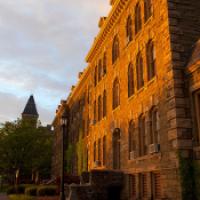
Cornell University Department of Anthropology invites applications for an assistant or associate professor in the archaeology of liberation, its promises, possibilities, intricacies and illusions.

“These efforts recognize the critical questions Jewishness raises and its place as part of a shared heritage.”

The study compiled decades of high-resolution satellite imagery from the Nakhchivan Autonomous Republic of Azerbaijan.
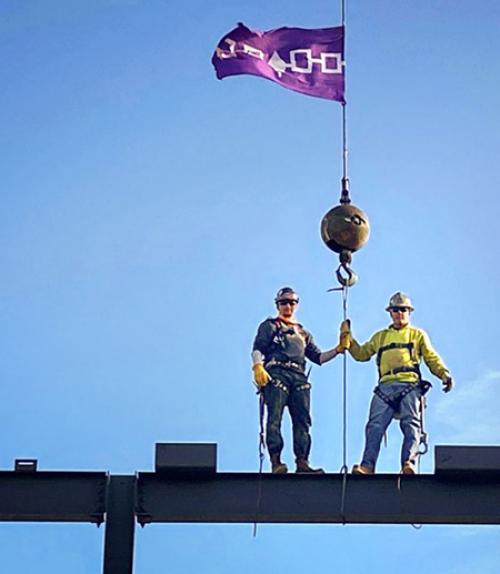
For six generations, Mohawk ironworkers have “walked the steel.” Indigenous people began ironworking in the 19th century, when they were hired to build railroad bridges in Canada. They helped craft the New York City skyline, working on projects including the Empire State Building, the Chrysler Building and the World Trade Center.

A total of 17 entrepreneurial students from the College of Arts & Sciences were part of teams who shared plans for new businesses in two online December events — the Big Idea Competition and eLab Early Stage Pitch event.
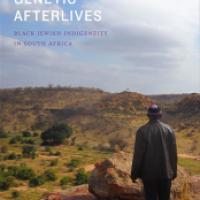
Noah Tamarkin's book, Genetic Afterlives: Black Jewish Indigeneity in South Africa, was awarded the honorable mention for the Diana Forsythe Prize.

As course enrollment opens up this week, students in the College of Arts & Sciences have access to dozens of new courses for spring 2021, thanks in part to the College’s new curriculum, which took effect this fall for students in the class of 2024.
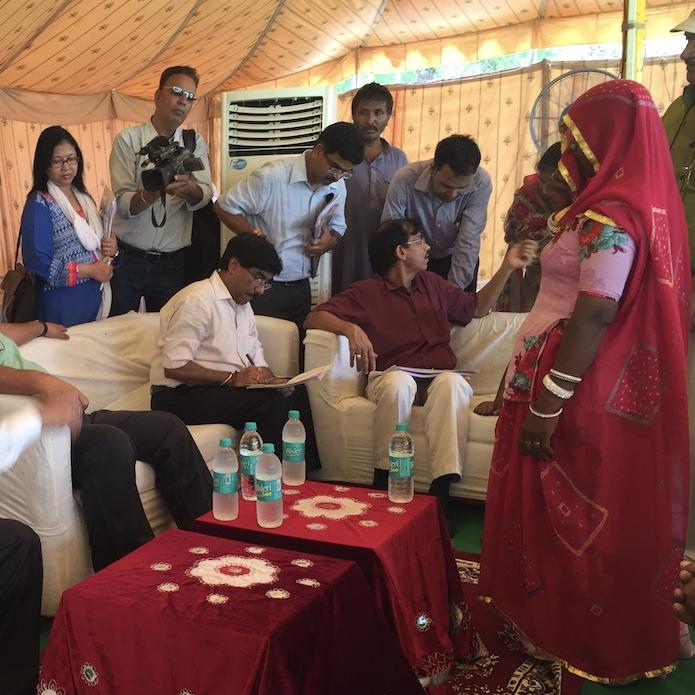
When politicians get close to constituents, either physically or digitally, they manage expectations and offer assurances to constituents. But they also expose themselves to scrutiny, giving people the chance to see beyond the performance into imperfect government workings.
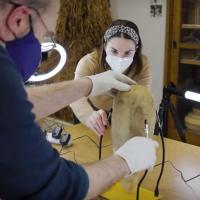
“A Tale of Two Mummies: Multisensory Experience” runs Oct. 7-9, from 9 a.m. to 7 p.m., in Upson Hall’s Lounge 116.
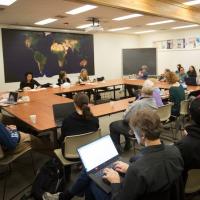
Five International Cornell Curriculum grants totaling $114,000 will support faculty developing courses that feature international experiences for students.

More than a dozen students are taking part in the Cornell Biennial, which aims to serve as an anchor for the arts at Cornell.
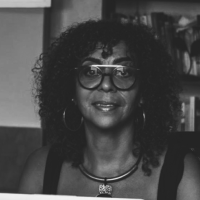
Her talk is one of three in the African Diaspora Knowledge Exchange Series.

The term “late industrialism” has become synonymous with collapse: breakdown, pollution, waste and disappointment left behind by failing or exploitive systems. But the “late” in “late industrial” also carries radical potential, according to Chloe Ahmann, assistant professor of anthropology in the College of Arts and Sciences.